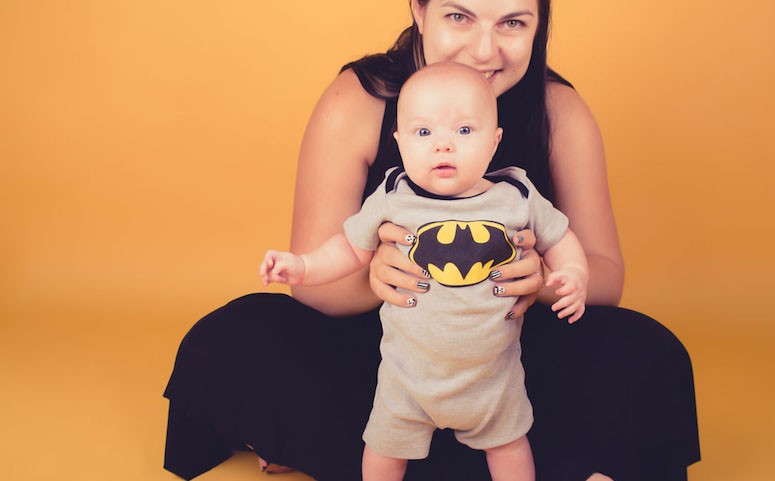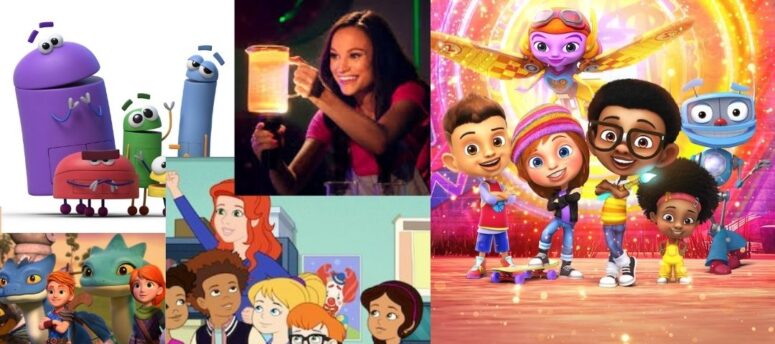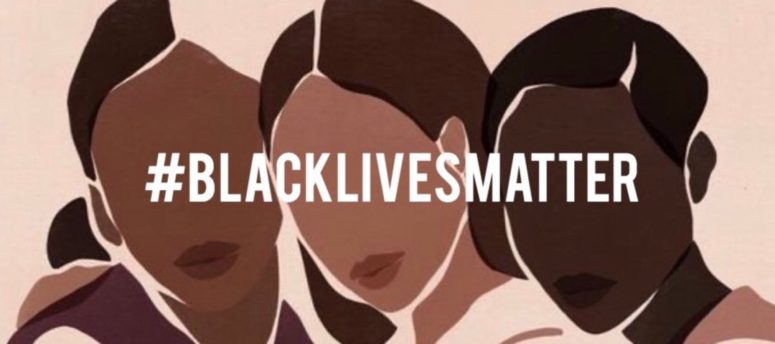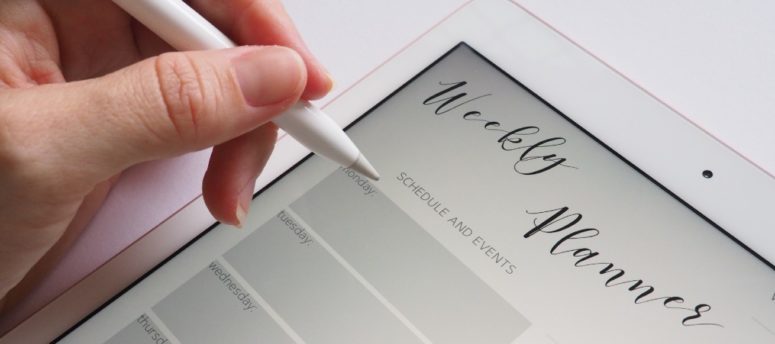I can’t stress enough how lucky I am. Sure, I have plenty of ups and downs and real life and troubles like everyone else, but I am incredibly lucky – I work from home. While it’s a lot of hard work, and I’ve struggled to find a balance at times, it has meant that I’ve been able to work and take care of Harley at the same time. She hasn’t needed a nanny or a creche; I have been her primary caretaker, her teacher, her entertainment, her jungle gym, her bed, her food source, so in a word – her mommy.
It hasn’t been easy, and I often felt like I was failing. Especially when Harley was even smaller than she is now, I wondered if it was enough to just hold her during the day while I worked, I would get frustrated when I didn’t know what was wrong or when I felt like I couldn’t help her. It’s gotten so much easier as she has gotten bigger and easier to understand, and a big part of that is because we both know that I can take care of her, even when I’m not totally sure how. But the more I read about attachment parenting, the more it sounds like what I’ve done with Harley naturally, and will continue to do cognizantly.
New York Magazine did a brilliant article all about attachment parenting that my mom sent me. If you’ve never heard of it, I think this snippet explains why attachment is so important:
Separate, connect. Separate, connect. It’s the primal dance of finding ourselves in another, and another in ourselves. Researchers believe this pattern of attachment, assessed as early as one year, is more important than temperament, IQ, social class, and parenting style to a person’s development. A boom in attachment research now links adult attachment insecurity with a host of problems, from sleep disturbances, depression, and anxiety to a decreased concern with moral injustice and less likelihood of being seen as a “natural leader.”
Or, as I like to think about it, it’s security in your knowledge that your loved ones love you, support you, and will be present for you. My mom describes how my brother and I would go off to school, not needing an extra wave goodbye, not needing to run back for another hug. We knew she was there, would help us if we needed it, and so we were able to confidently face the world. Unfortunately, according to the research, only 60% of people are secure, and it’s something that is typically passed on from generation to generation.
Interestingly, attachment (or issues with it) seems to be pretty solid by age one. That’s right, by the age of one babies have a pretty solid sense of what will happen when they cry or need help – they have either come to terms with the fact that no one helps them, or that their caretaker won’t really look after them, or they are secure in their knowledge that their mommy and/or daddy will be there and they can happily explore the world around them.
I have spent a ridiculous amount of time with Harley, so I have always been able to foster her attachment, her comfort in the knowledge that I am there, and I will look after her. Attachment can also be fostered by ensuring your little one is left with someone who will attend to your baby’s needs, who won’t just leave her to cry or suffer. I have been that person, though, and it has made a world of difference. Already, I see that Harley is pretty confident – she can interact with strangers, have plenty of smiles and laughs and investigate the world around her. She loves to see new things, to experience the world in new ways. Of course she gets frustrated or frazzled sometimes, but a quick hug or cuddle from me or Dean and the world starts to come right again. She knows that we can take care of her, that we can make it all better.
And that’s really been my primary goal in this first part of her life. Obviously I want to do all those things to help her develop, play games, do tummy time, massage and whatever else to help her understand the world around her. But my main goal was for her to always know that I was her mommy, that I would protect her, encourage her, support her, and love her. For us, it has worked out well, spending all day and night together, letting her sleep on my chest while I worked or simply to bounce her while going to meetings, for her to know that I was with her. As I think of it – you baby your baby while she’s a baby and you won’t need to baby her as an adult.
It hasn’t always been easy, and there are still times when I fail – when she cries but I’m busy in the kitchen or the bathroom, when she gets frustrated and there is little that I can do to calm her. But I see her curiosity, her interest in the world, her confidence as she tries new things, pausing only to turn and smile at me. There have been tough times in these past seven months, and I’m sure there will be more during this first year of her life, but I adore my little one, and I think she has already come to understand that our love is a foundation upon which she can build the rest of her life experiences. Attachment parenting is hard, but it’s so, so worth it.
DID YOU LIKE THIS POST?
If you like these words, please check out more of what I say on twitter and Facebook, and pics I take on Instagram and subscribe to my YouTube channel and follow me on Pinterest.
Also, please be sure to sign up to my carefully curated, crafted and infrequent newsletter.




